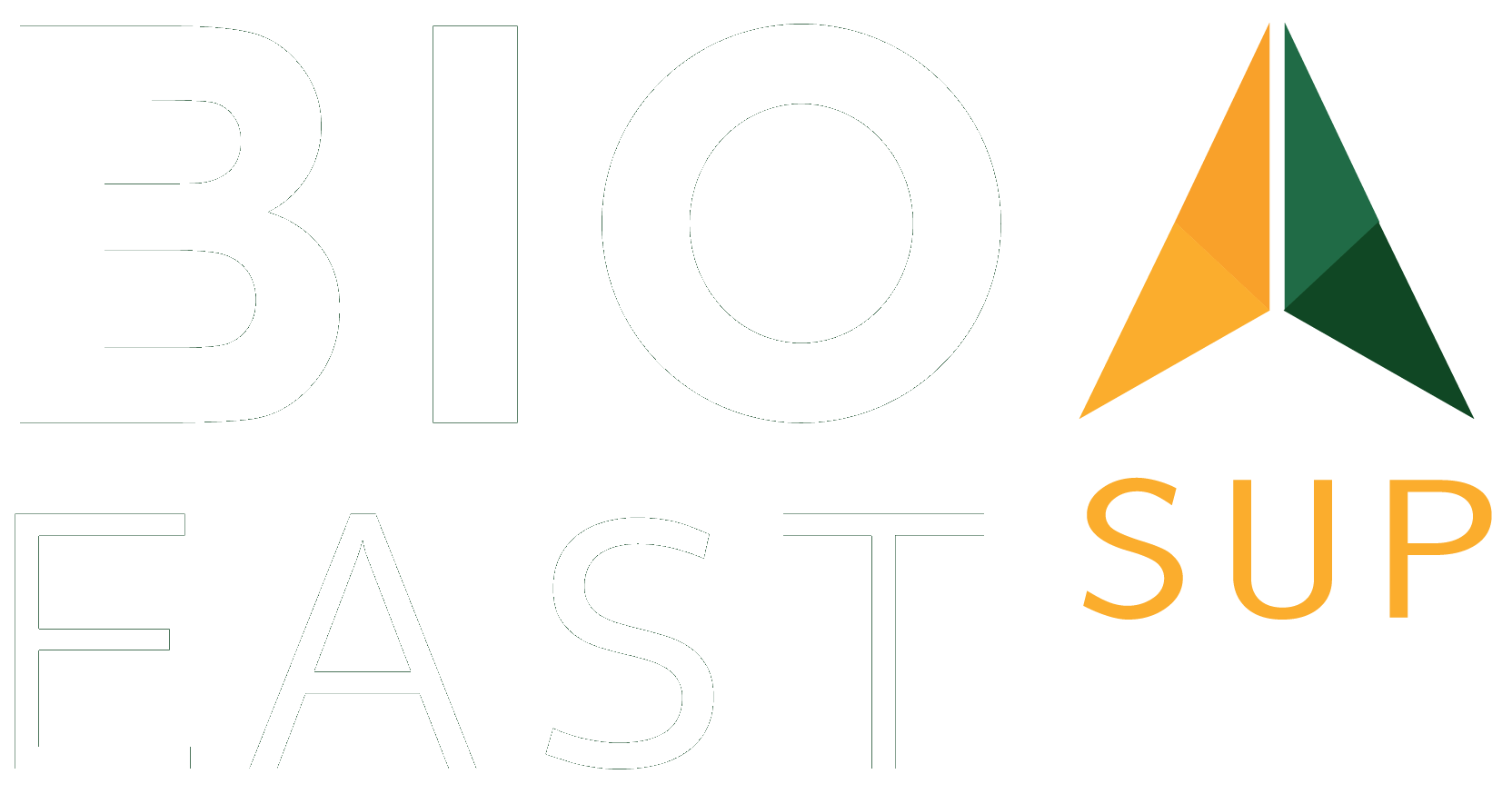Virtual event 05 December 2022
REGISTRATION
The European Commission will organize the Virtual Matchmaking Event in the context of Food Business and Marketing Practices. The event will take place virtually through B2Match under the framework of the second thematic session of the EU Code of Conduct on Responsible Food Business and Marketing Practices, scheduled on Monday 5th of December 2022.
The event will be held in partnership with the European Commission and European Innovation Council and SMEs Executive Agency (EISMEA), European Cluster Collaboration Platform, and the European Clusters Alliance (ECA). Logistical support is provided by the European Cluster Collaboration Platform (ECCP).
It will provide a unique opportunity to attend inspiring plenary sessions, instructional seminars, and one-on-one discussions to guarantee knowledge expansion and the formation of new strategic alliances.
Participation in the "Agri-food matchmaking on accelerating resource efficiency, renewable energy and scaling up of circular fertilizer solutions" will be free of charge.
Context and objectives
This matchmaking event, including its preparatory webinar, will focus on the agri-food ecosystem and in particular on the topics of:
- uptake of resource efficiency technologies,
- deployment of renewable energy and
- scaling-up of innovative circular fertiliser production methods.
In line with the objectives of the EU industrial strategy updated but also in the framework of the Farm to Fork strategy and the Circular Economy Action Plan, European companies – in particular SMEs - should take actions to save resources (water, energy, waste) and engage in the circular economy.
The uptake of resource efficiency technologies by agri-food SMEs will be crucial to support their competitiveness and to enable the sustainability transition of the agri-food ecosystem. This uptake could be realized by SMEs individually or initiated through clusters to generate a greater effect throughout the value chain.
According to the FAO, agri-food systems consume about 30% of the world’s energy, and a third of agri-food systems' emissions of greenhouse gases stem from energy use. Russia military aggression on Ukraine and the impact of such geopolitical tensions on the energy prices heavily impacting the EU agri-food value chain makes the shift towards renewable energy even more urgent in this industrial ecosystem. The deployment of renewable energy production in a given area creates many opportunities for decarbonisation of the ecosystem. Promising projects include collaboration between SMEs and large companies in a cluster, and eventually with energy investors, who could invest in projects, in return for a part of the electricity produced.
Since the Russian invasion of Ukraine, the supply of fertilisers to the EU has been significantly disrupted and their prices have almost tripled compared to last year. With up to 60% of EU fertiliser imports coming from Russia and Belarus, scaling-up of demonstrated alternative fertiliser production methods will be very important. The EU fertiliser industry is working on switching to the production of low-carbon ammonia and other circular nutrient sources. These efforts must be complemented with new innovative circular approaches, as it is crucial to secure the amount of fertilisers needed for agricultural production and thus to ensure food supply within the EU.




